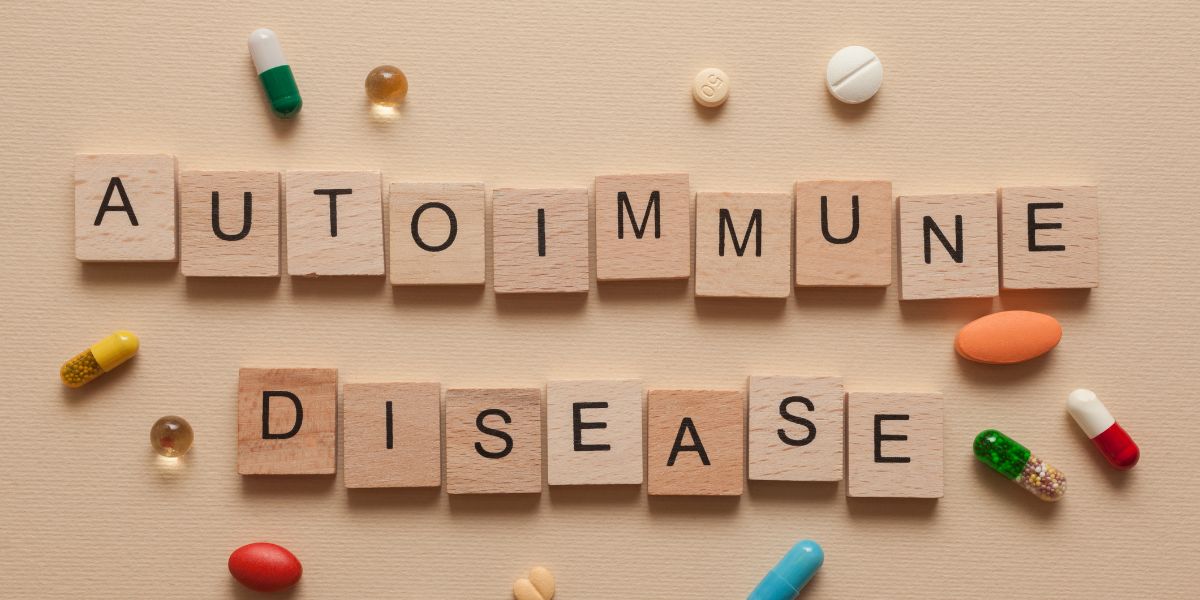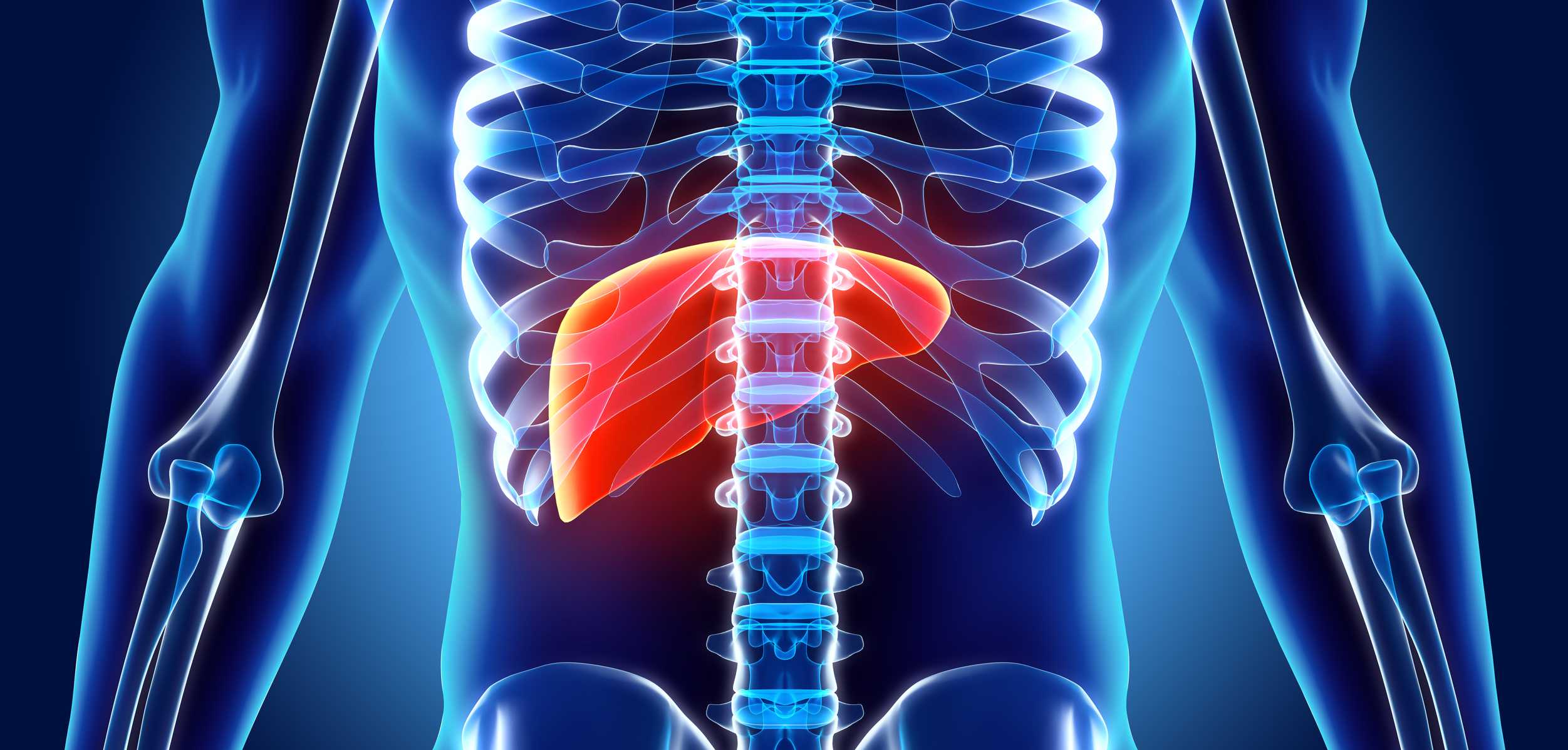Autoimmune disease refers to illness or disorder that occurs when healthy tissue (cells) get destroyed by the body’s own immune system.
The term autoimmune disease is one that many people with diabetes – in particular, those with type 1 diabetes – will have come across or be familiar with.
In the case of type 1 diabetes, the disease-fighting system mistakes healthy cells in the pancreas for foreig, harmful invaders and attacks them, leaving the body unable to produce its own insulin and keep levels of blood glucose under control.
There are more than 80 different types of autoimmune disease, from multiple sclerosis and type 1 diabetes to coeliac disease and rheumatoid arthritis
The immune system is the body’s protection against harmful substances such as bacteria, viruses and toxins, all of which contain harmful antigens.
To counter this, the immune system produces and sends antibodies (special proteins) to identify destroy these antigens.
However, in some cases the immune system cannot distinguish between healthy, harmless tissue and antigens and, as a result, it attacks and destroys normal tissue (in people with diabetes, the cells mistakenly targeted are the insulin-producing beta cells in the pancreas).
This autoimmune reaction (or ‘attack’) is what triggers the development of an autoimmune disease.
What causes the immune system to act this way?
The exact cause of autoimmune disease is unknown, although there are many theories about what causes it to malfunction including:
- Bacteria or virus
- Drugs
- Chemical irritants
- Environmental irritants
Studies have shown that autoimmune disorders often run in families and are much more common in women.
How serious is it?
As well as destroying body tissue, an autoimmune reaction can also affect organ function or result in the abnormal growth of an organ.
Areas of the body usually affected by autoimmune disorders, in addition to the pancreas, include:
- Blood vessels
- Connective tissue
- Joints
- Muscles
- Red blood cells
- Skin
- Thyroid gland
More than one of these parts of the body can be affected at once, which is why some people may suffer from more than one autoimmune disease at the same time.
What are the most common autoimmune diseases?
Of the 80-plus autoimmune disorders, the most common ones include:
- Addison’s disease – immune system attacks the adrenal gland, disrupting production of steroid hormones aldosterone and cortisol.
- Coeliac disease – autoimmune attack on substances found inside gluten damages the surface of the small bowel, disrupting the body’s ability to take in essential nutrients from food
- Graves’ disease – the small thyroid gland is attacked by the immune system, leading to an overproduction of the thyroid hormones (hyperthyroidism)
- Hashimoto’s thyroiditis or Hashimoto’s disease – similar to Graves’ disease, but this time damage to the thyroid gland lead to an underactive thyroid gland (hypothyroidism)
- Multiple sclerosis – myelin sheaths which protect the nerve fibres carrying messages to and from the brain are targeted by the immune system, causing behind scarring (known as sclerosis).
- Reactive arthritis – immune system is tricked into thinking a previous infection is still present and attacks healthy tissue, causing it to become inflamed.
- Rheumatoid arthritis – cells that line your joints are targeted by the autoimmune reaction, causing joints and surrounding tissues to become swollen, stiff and painful.
- Systemic lupus erythematosus (SLE) – immune system targets healthy tissue, causing inflammation of the skin and joints, and can affect internal organs
- Type 1 diabetes – immune system destroys cells within the pancreas that produce the blood sugar-regulating hormone insulin.
What are the symptoms?
The symptoms of autoimmune disease vary between types, but the common indicators are fatigue, fever, general malaise (feeling ill), joint pain and skin rash. Symptoms worsen during flare-ups and reduce during remission.
The common and most noticeable signs of type 1 diabetes are:
- Increased thirst (polydipsia)
- Frequent/increased urination (polyuria)
- Extreme tiredness (fatigue)
- Sudden or unexplained weight loss
These signs are often referred to as the 4Ts of type 1 diabetes – Toilet, Thirsty, Tired and Thinner – to help make them easier to remember.
Testing for autoimmune disease
Diagnosing an autoimmune disorder involves identifying the antibodies your body is producing and releasing to attack healthy tissue. Tests used for this purpose include:
- Antinuclear antibody tests – tests that looks for antibodies that attack the nuclei of cells in your body (antinuclear antibodies)
- Autoantibody tests – tests that search for specific antibodies to your own tissues
- Complete blood count (CBC) – test to measure the number of red and white blood cells in your blood
- C-reactive protein (CRP) – measurement used to indicate inflammation throughout your body
- Erythrocyte sedimentation rate (ESR)- test that indirectly measures the level of inflammation within your body
- Urine test or urinalysis – test that examines the appearance, concentration and content of your urine
The latter is often used to diagnose cases of type 1 diabetes, in conjunction with random blood glucose tests, by checking for glucose in the urine.
Treating autoimmune disease
While there are no cures for autoimmune disorders, there are various methods of treating them, depending on the type of disease.
These treatments are aimed at controlling the disease and alleviating the symptoms, especially during flare-ups.
Ways of achieving this include:
- Living a healthy lifestyle – e.g. eating a balanced and healthy diet, exercising regularly, reducing stress and getting plenty of rest
- Medication – including pain relievers, anti-inflammatory drugs (if joints are affected) and immunosuppressive medication
- Avoiding any known causes of flare-ups
- Physical therapy
- Hormone replacement, if necessary
- Blood transfusions, in cases where blood is affected
For information on how type 1 diabetes is managed, see our guide on the treatment for type 1 diabetes
Can autoimmune disorders be prevented?
Unfortunately, there is no known prevention for most autoimmune diseases, and this includes type 1 diabetes.




